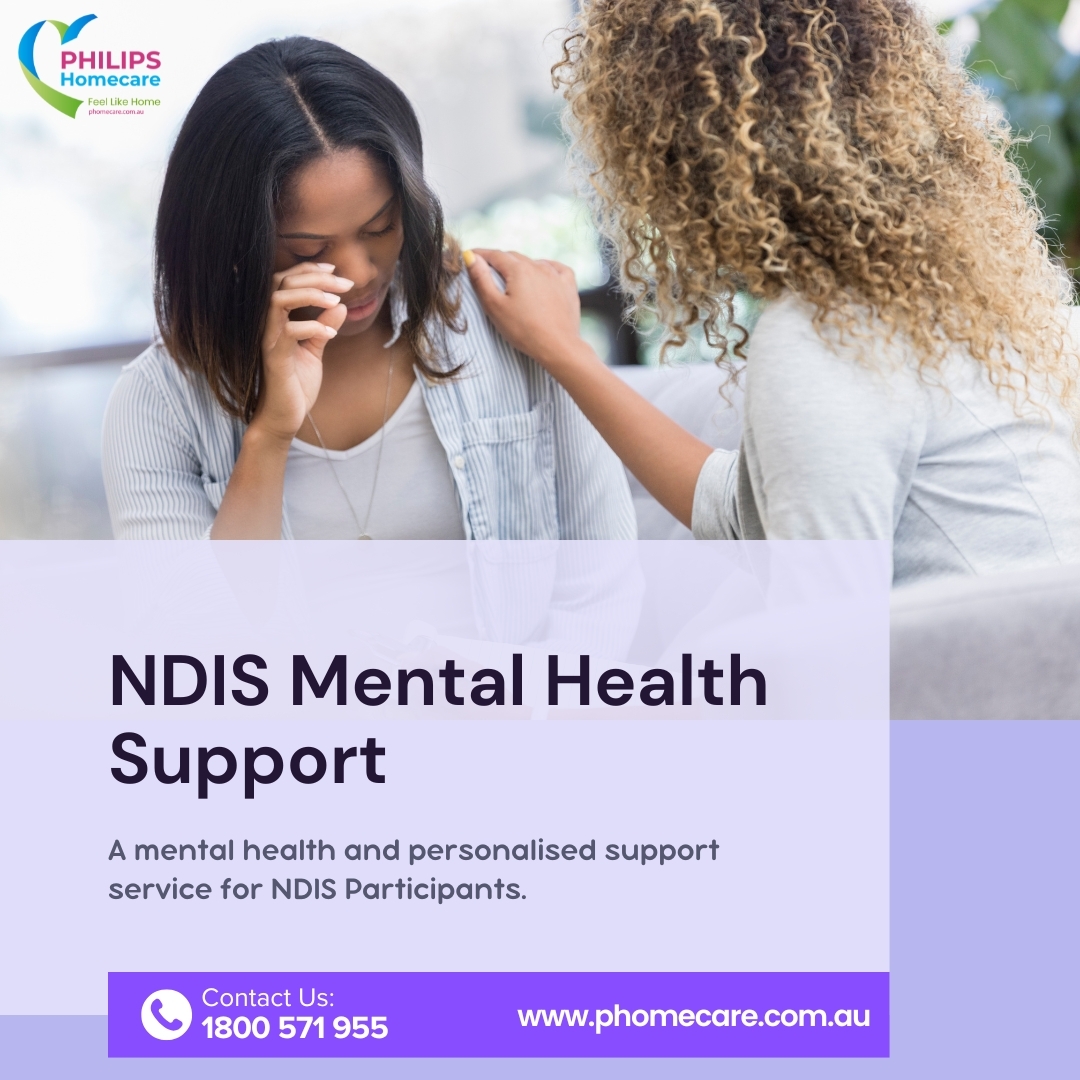Our NDIS Mental Health Support is designed to help you manage daily challenges, build resilience, and improve emotional wellbeing with care
https://www.phomecare.com.au/2025/12/03/ndis-mental-health-support/
#NDISMentalHealth #MentalWellbeing #NDISSupport #EmotionalHealth #CommunityCare
https://www.phomecare.com.au/2025/12/03/ndis-mental-health-support/
#NDISMentalHealth #MentalWellbeing #NDISSupport #EmotionalHealth #CommunityCare
Our NDIS Mental Health Support is designed to help you manage daily challenges, build resilience, and improve emotional wellbeing with care
https://www.phomecare.com.au/2025/12/03/ndis-mental-health-support/
#NDISMentalHealth #MentalWellbeing #NDISSupport #EmotionalHealth #CommunityCare
0 Comments
0 Shares
75 Views
0 Reviews





